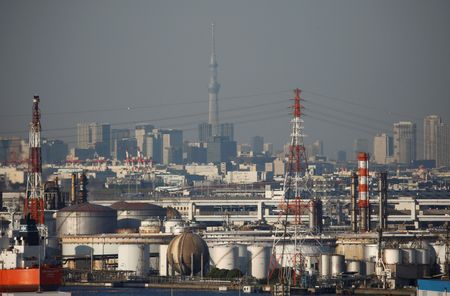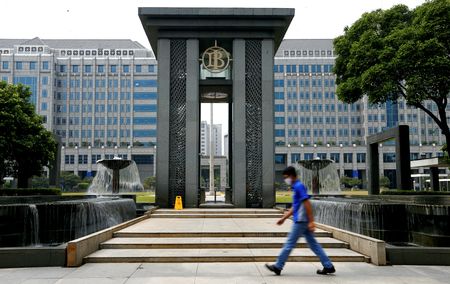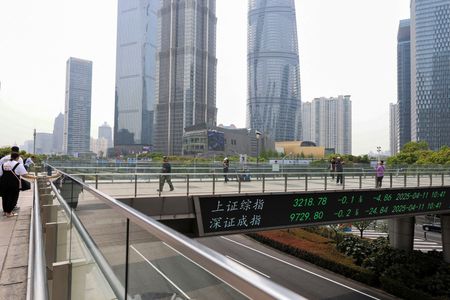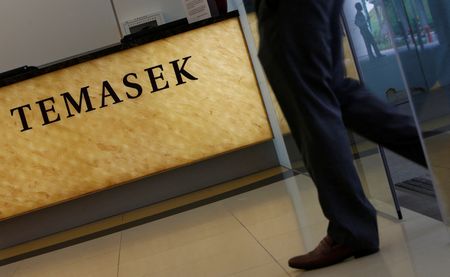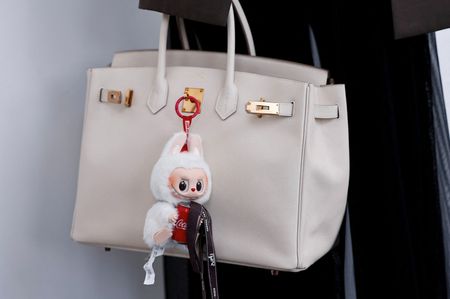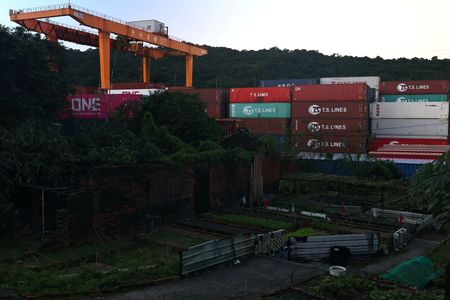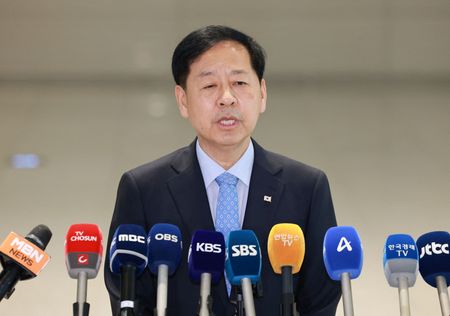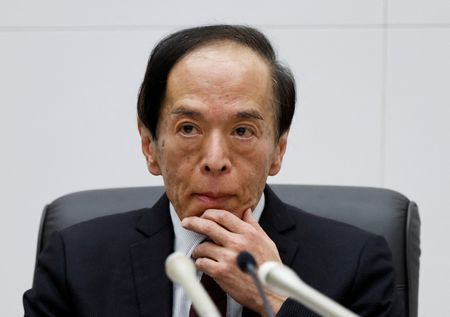TOKYO (Reuters) – Japan’s factory activity declines accelerated in March as demand weakened and the escalating U.S. trade war clouded the manufacturing outlook, a private-sector survey showed on Tuesday.
The final au Jibun Bank Japan Manufacturing Purchasing Managers’ Index (PMI) fell to 48.4 in March from 49.0 in February, hitting the lowest in 12 months.
Although the final reading was slightly higher than the flash figure of 48.3, it also marked the ninth straight month below the 50.0 threshold that separates growth from contraction.
“Indices for output and new orders fell further into contraction territory, as companies noted weaker demand from both domestic and international clients,” said Annabel Fiddes, Economics Associate Director at S&P Global Market Intelligence, which compiled the survey.
Output declined for the seventh straight month and at the quickest pace in a year, while new orders contracted for a 22nd consecutive month. New export business also fell slightly, with manufacturers citing muted demand from key markets such as China and the United States, according to the survey.
Companies’ outlook for future demand improved from February, when it hit the lowest since 2020, but the recovery was slow, due in part to “greater uncertainty over the global economic outlook and trade environment,” Fiddes said.
U.S. President Donald Trump last week unveiled a 25% tariff on imported cars to take effect on April 3, in what could be a major blow to Japan’s manufacturing sector and the broader economy.
Meanwhile, employment emerged as a bright spot, with firms adding workers at the fastest pace in three months. Some companies said that they added to payrolls to fill in vacancies or in anticipation for greater demand ahead, according to the survey.
Cost pressures remained high, with companies reporting sharp increases in expenses for labour, materials, energy and transport, exacerbated by an unfavourable exchange rate.
“The latest survey showed historically strong increases in both input costs and selling prices in March, to suggest inflationary pressure across the sector remains acute,” Fiddes added.
(Reporting by Kantaro Komiya; Editing by Sam Holmes)

